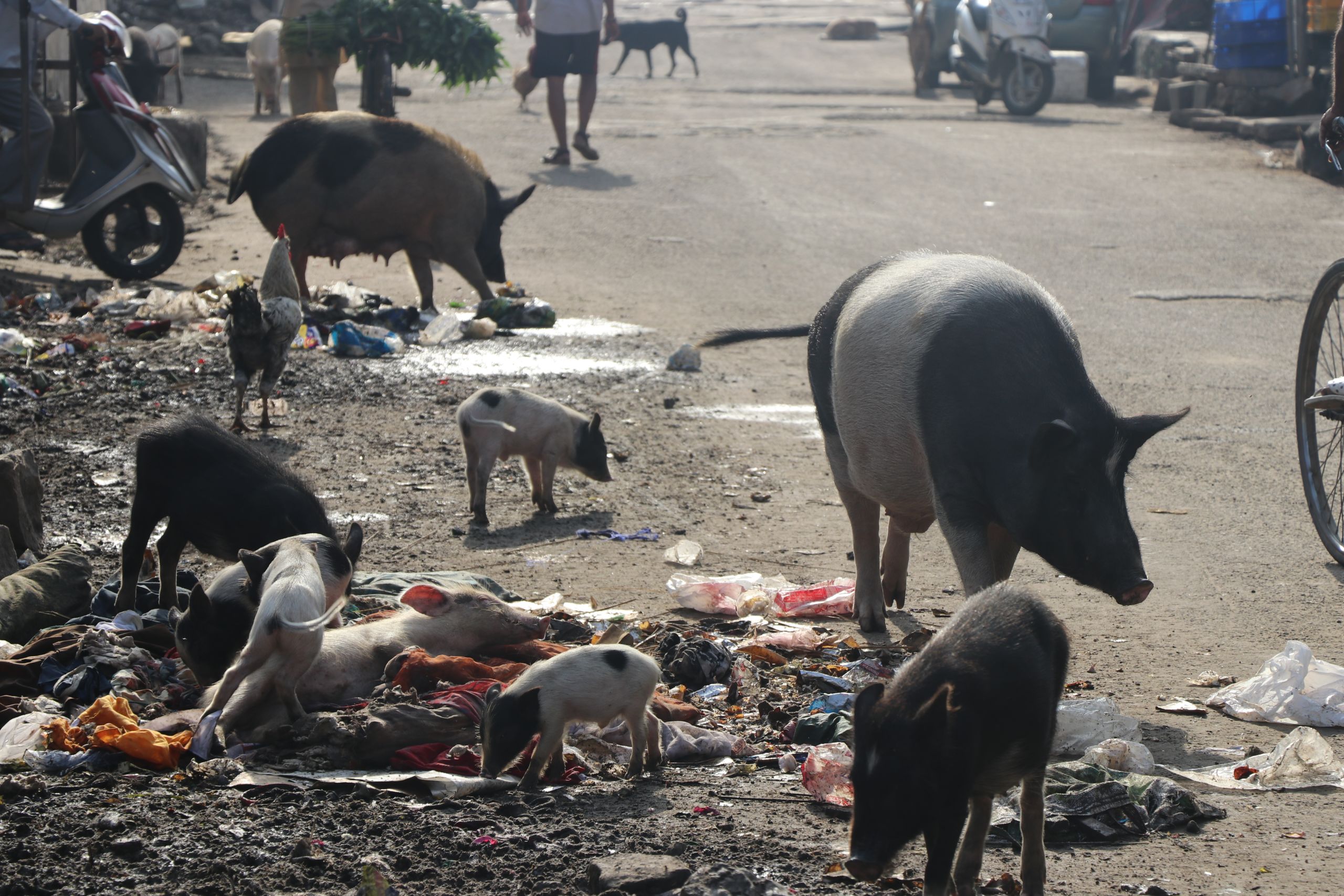A Clean Slate for Jaipur
The city of Jaipur is working to educate their people on the importance of keeping the streets clean.
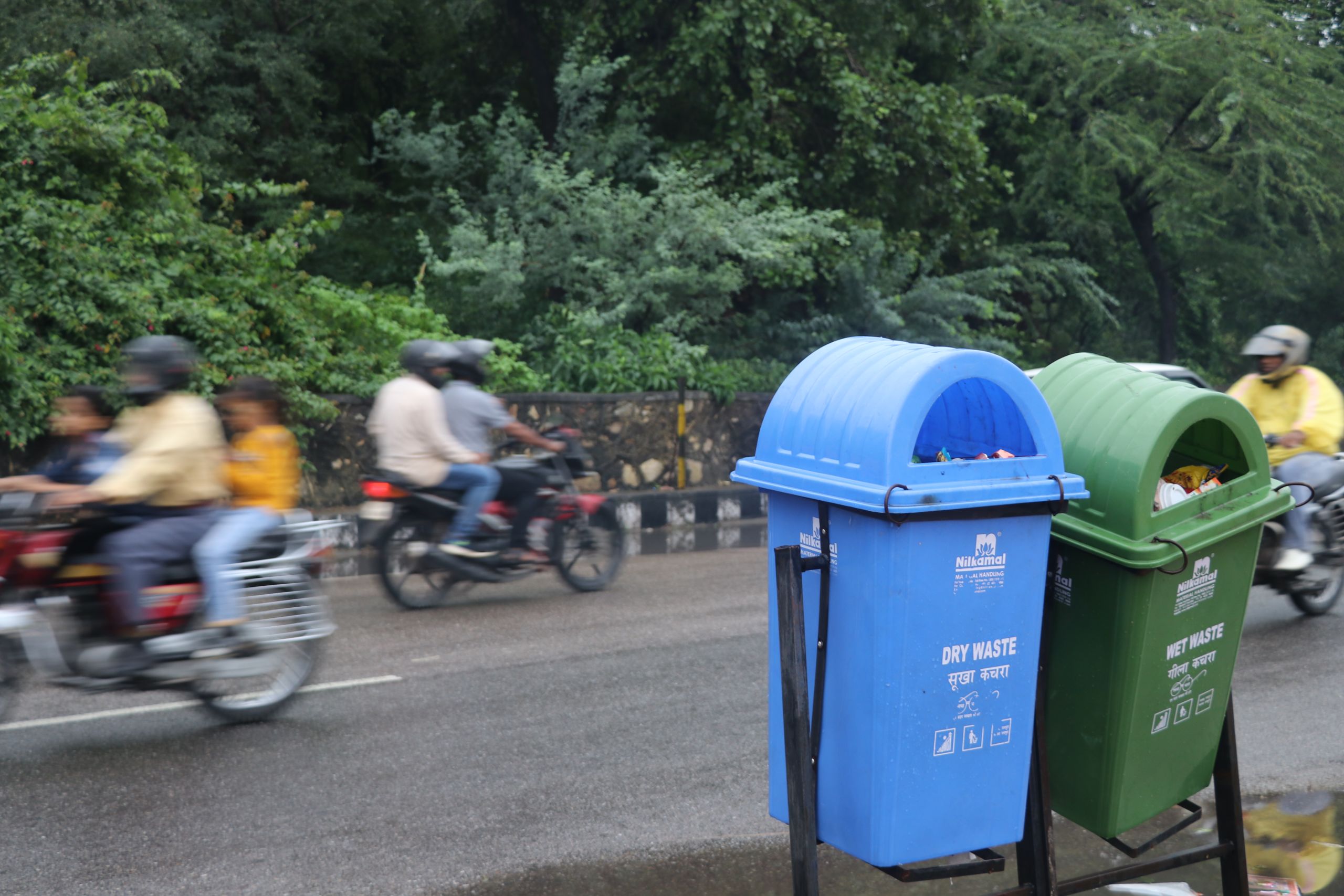
I stepped onto the streets of Jaipur for the first time with expectations of dirty roads lined with litter but was starkly surprised by what I saw.
Stereotypes of third world countries had led me to visualise the loud, crowded, and colourful streets of such a city.
However, looking past all of the commotion bombarding my senses; the biggest thing that struck me was not the presence of these things, but rather the surprisingly clean gutters and lack of rubbish that I had expected.
With a population of approximately 3.5 million people, Jaipur is facing a constant battle of providing sufficient public amenities to keep up with their rapidly growing population.
Among these necessary amenities, the government has emphasised their priority for the cleanliness of their streets by implementing a new initiative called the Swachh Bharat Mission-Urban-Smart Star-Rating for Garbage, in order to create a garbage free Jaipur.
The initiative was launched in January this year and has focused on improving the star rating of their streets cleanliness from its current three out of ten score, to a seven.
Devender Singh, local resident and tour guide believes that the reasons for the current litter on the streets is not the lack of amenities but more the attitudes and lack of education of the people.
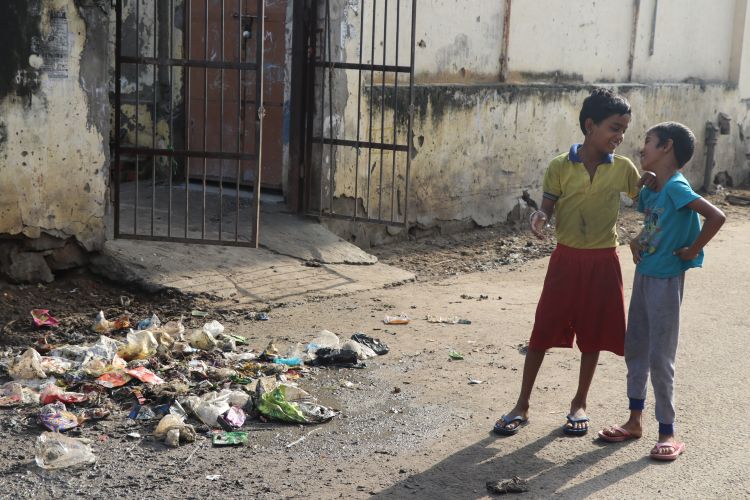
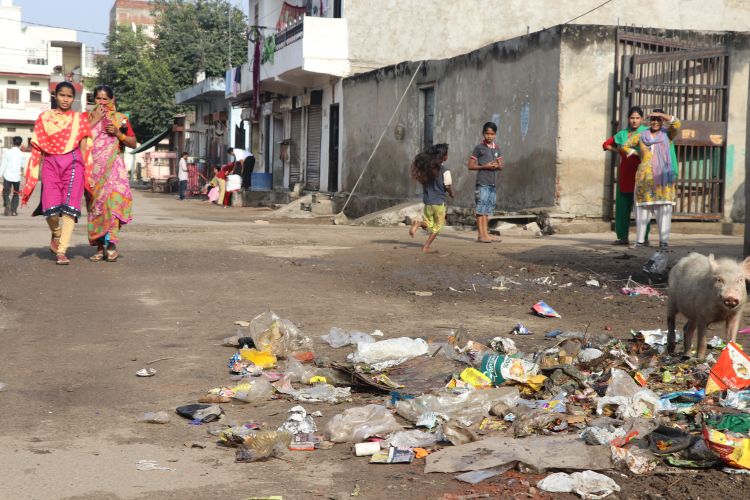
“We need to educate the people to use the services; we have enough infrastructure but we need to use it,”
says Devender Singh.

The government has not only implemented new infrastructure but has aimed to educate the people on the importance of keeping the streets clean.
“Certainly the younger generation who are going to school are changing because they are learning about using the garbage system," Mr Singh says.
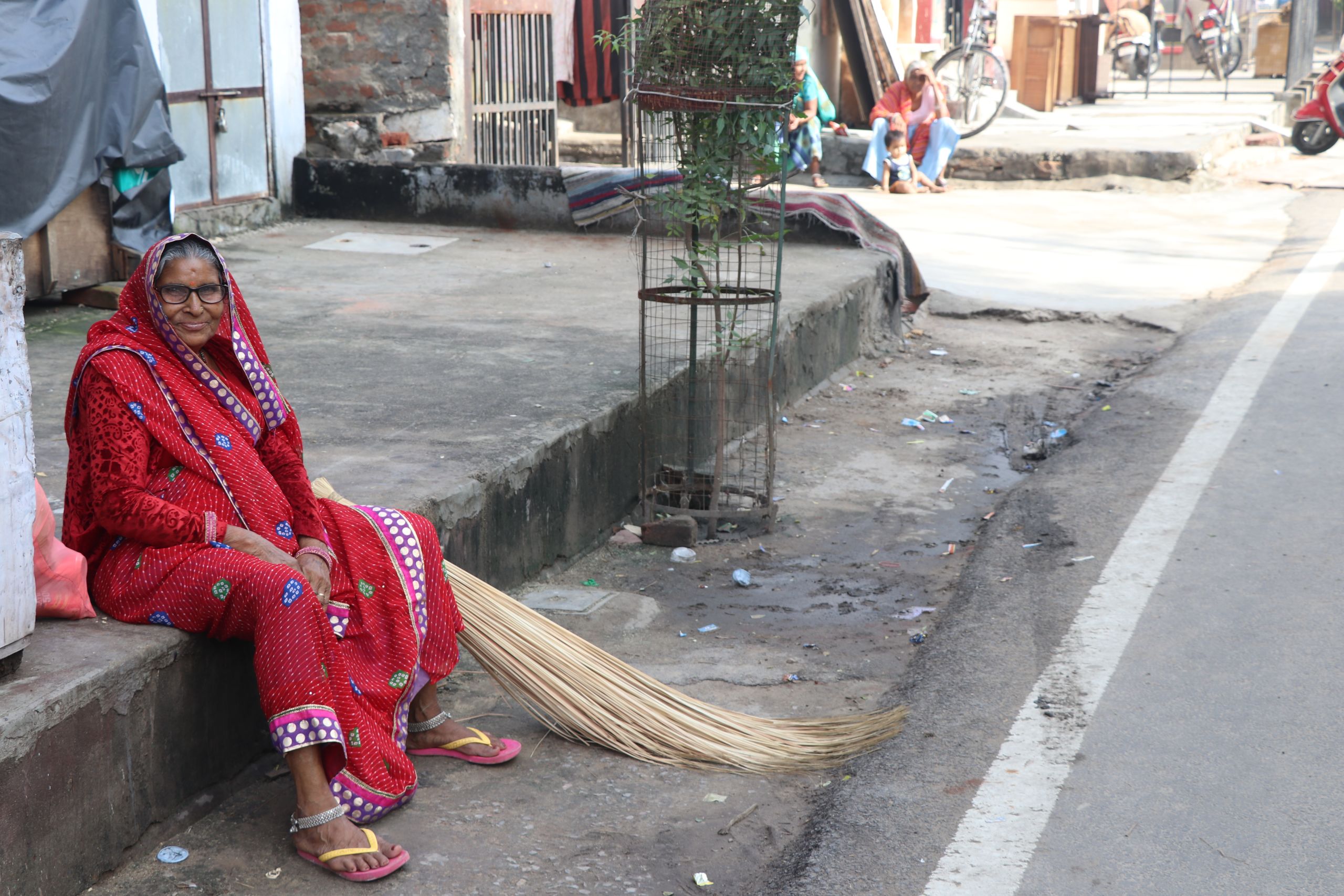
The rubbish collection process involves a truck that slowly drives through the residential streets while playing music to alert everyone.
This gives the people the chance to go outside and dispose of their rubbish.
As well as this amenity, there are also street cleaners who can be spotted regularly sweeping the streets with their straw brooms and colourful saris.
Many public bins have also been provided and can be spotted consistently on the streets.
They have also introduced a new rule that every shop must have a bin otherwise they will face penalties.
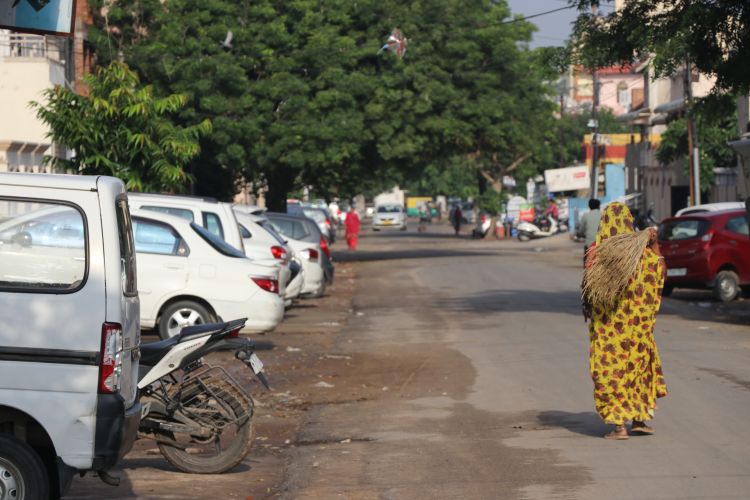
To support the services and processes introduced, Jaipur is trying to generate a positive image about the garbage by changing the term ‘garbage collectors’ to ‘the people who help us to clean the city’.
This change works to emphasise the purpose of these workers and stress their contribution to the image of the city.
While there is still room to improve, the work done by the government has certainly initiated a positive wave of attitudes towards cleanliness and the use of rubbish bins in the city of Jaipur.
